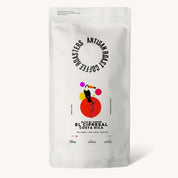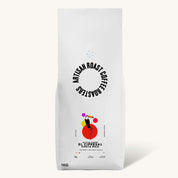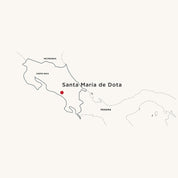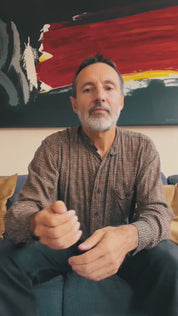You may also like
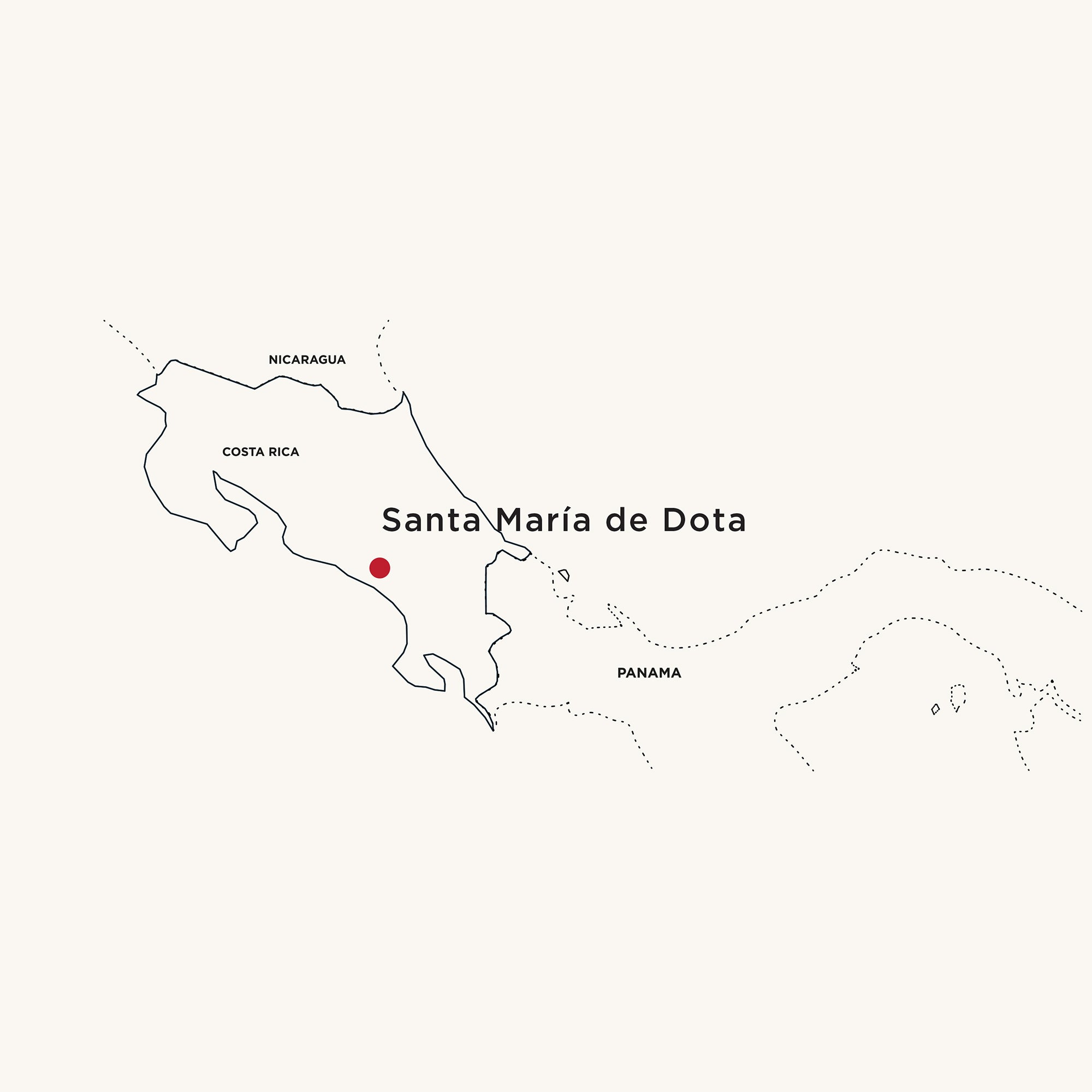
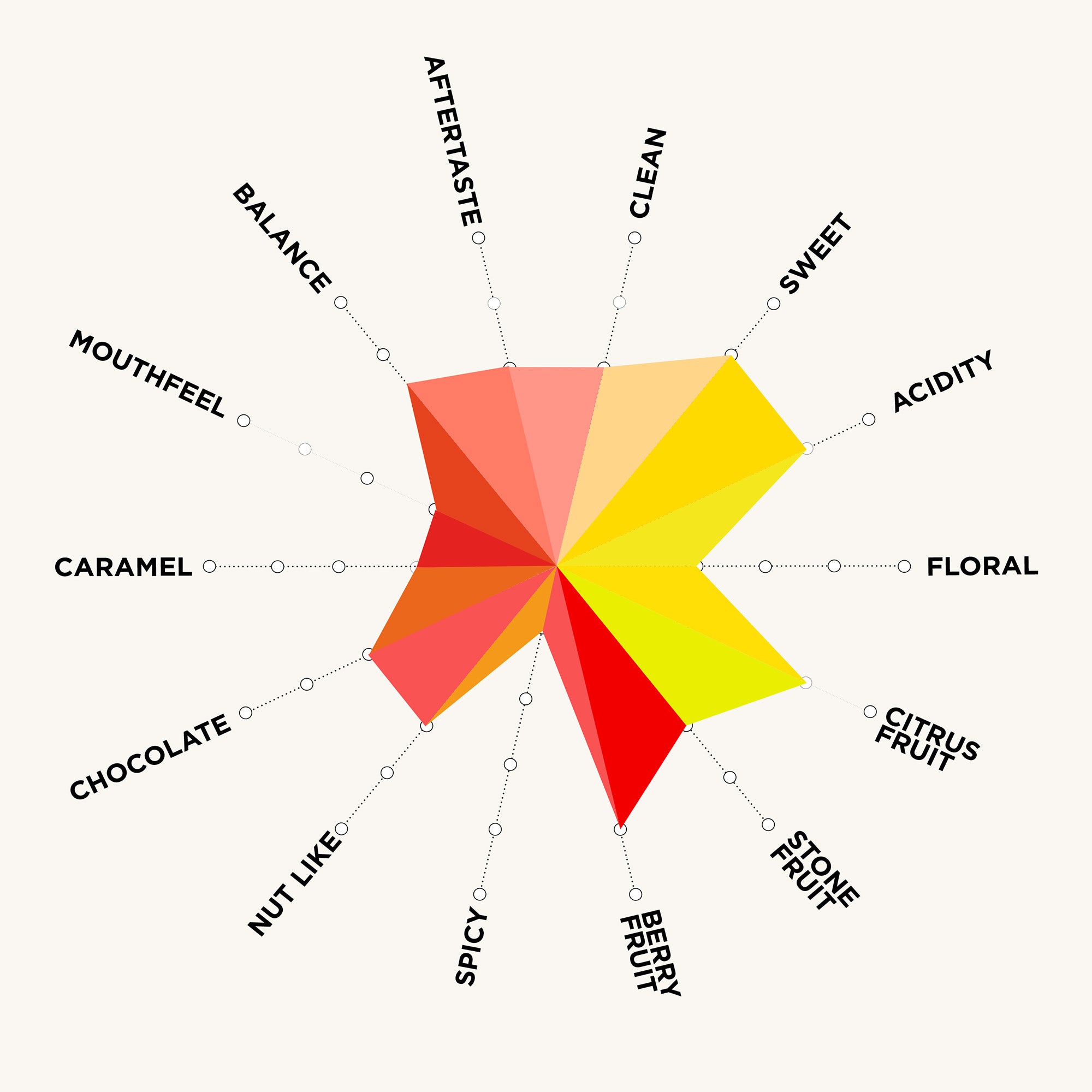

New customers save 10% with code WELCOME10
Sorry, looks like we don't have enough of this product.
Your cart is currently empty.

Roast Level: Light
Type: Single-Origin
Origin: Costa Rica, Central America
Region: Santa María de Dota, Tarrazú,
Farm / Producer: El Cipresal, Mayra Solís and family
Altitude: 1800m – 1900m asl
Cultivar: Catuaí
Process: Anaerobic Natural
Lightly roasted to highlight red cherry, tropical fruit and lime citrus. A nougat-chocolate base balances bright acidity and a syrupy body.
The Best: V60 / Chemex
Great: French Press
Very Good: Aeropress

More about Grinding and other useful brewing information here

The Dota Valley, nestled deep within Costa Rica’s renowned Tarrazú region, is home to some of the country’s most structured and expressive coffees. Its steep, forested slopes and cool mountain nights help to slow cherry maturation, intensifying acidity and building complexity in the cup. Santa María de Dota is the main town in the valley and a centre for both traditional production and a wave of micromill innovation that has helped redefine Costa Rican coffee over the last two decades.
Communities here depend almost entirely on coffee. Alto El Vapor is a family-led project guided by producer Mayra Solís and her children. They describe the farm as their “place of refuge and inspiration,” preserving 85% of the land as primary forest and protecting one of the community’s key water sources. This holistic vision of sustainability underpins every decision, with the family saying, “We firmly believe in the importance of a sustainable model that allows us to endure over time, taking care of both the land and the people who make it possible.”

We’ve given this fruit forward Catuaí a light roast to make the most of this careful and controlled anaerobic process. Red cherry, cranberry and lime citrus are the main flavours followed by tropical fruit and raspberry notes for added vibrancy. A nougat-like sweetness and brownie chocolate foundation add extra balance and a dessert like feel underneath a lively and integrated acidity. A medium intensity syrupy mouthfeel rounds everything in a structured, clean and vibrant coffee.

Most of Mayra’s decisions focus on protecting quality from each individual plot of land through the processing in a way that brings out their best traits. With climate change affecting seasonal patterns this needs constant adaptation to maintain consistency while respecting each plot’s identity. The family do this brilliantly and find a perfect balance of tradition, experimentation and adaptation to produce coffee that is both consistent and expressive.
At El Cipresal, the family have chosen an anaerobic natural process for their Catuaí. After five days sealed in fermentation tanks, the coffee is moved to raised African beds and turned every two hours. Drying takes three to four weeks until moisture reaches 10–11.5%. To secure consistency when weather changes, a short pre-drying is sometimes followed by mechanical drying.
You may also like
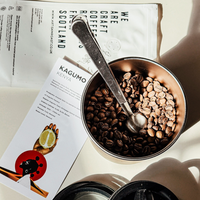
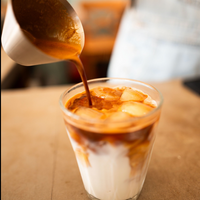

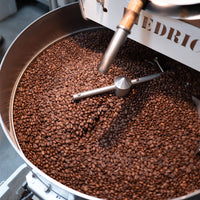

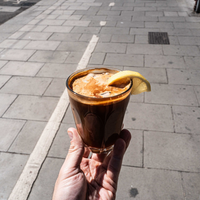
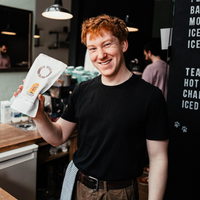

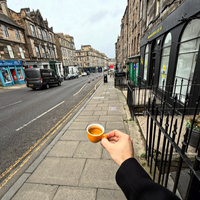

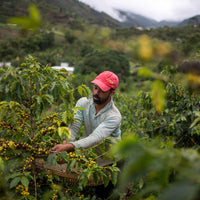

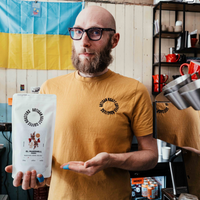
Designed by Mainlyphotography Studio
